How To Prevent Liver Damage And Deal With Liver Disease
The liver is situated on the right side of upper abdomen beneath the rib cage. The gallbladder, a portion of the pancreas and intestines, are located beneath the liver. These organs function in harmony to digest, absorb and process the food consumed. The main function of the liver is to filter blood, detoxify chemicals and metabolize drugs. It also makes proteins essential for blood clotting and other functions. If the liver is overburdened, it cannot function optimally, and the result is damage to the liver and other parts of the body. The following are ways to help keep your liver healthy and reverse the effects of liver damage:
Avoid Alcohol Or Drink In Moderation
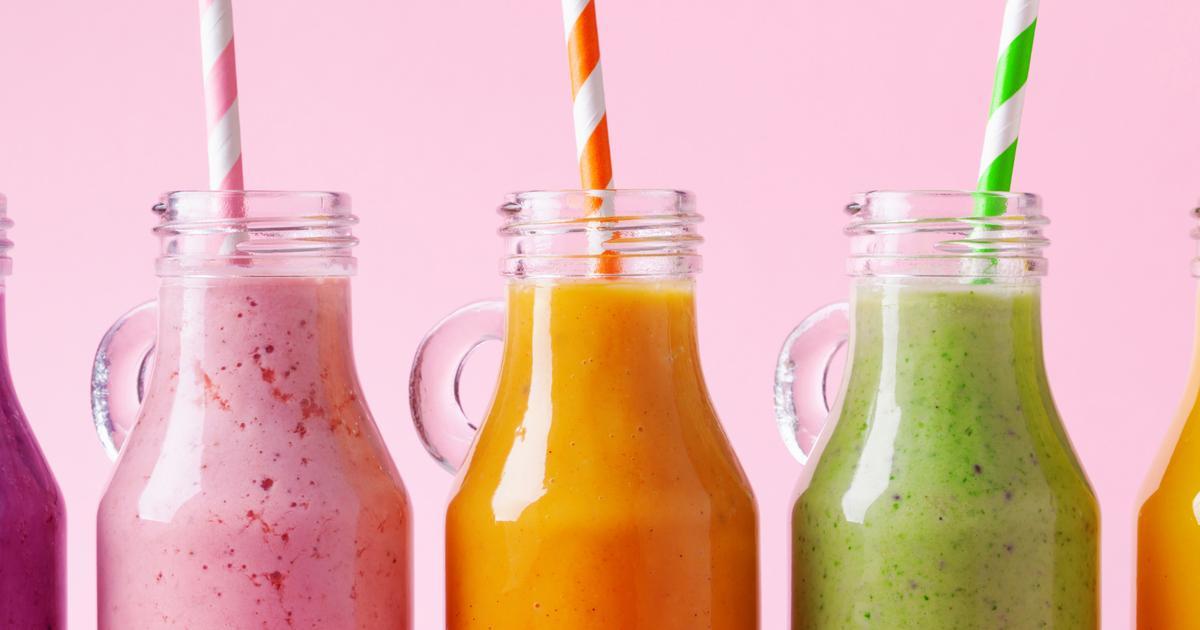
An unhealthy liver creates unwanted symptoms such as jaundice, abdominal pain, and swelling, bloody stool, chronic fatigue, nausea, vomiting, etc. and may eventually progress into life-threatening disease and liver failure. A common reason for liver disease is the over-consumption of alcohol. Over-drinking can result in alcohol hepatitis (inflammation and destruction of liver cells) and cirrhosis (where healthy liver tissue gets replaced by scar tissue and the liver can no longer function properly on a permanent basis). The liver is damaged by immoderate drinking because it cannot quickly process the amount of alcohol consumed. The liver also needs water to help process the toxin and alcohol is a diuretic, which dehydrates the body. For a healthy liver, abstain from consuming alcohol or moderate its use.
Be Aware Of Foods And Toxins That Damage Your Liver
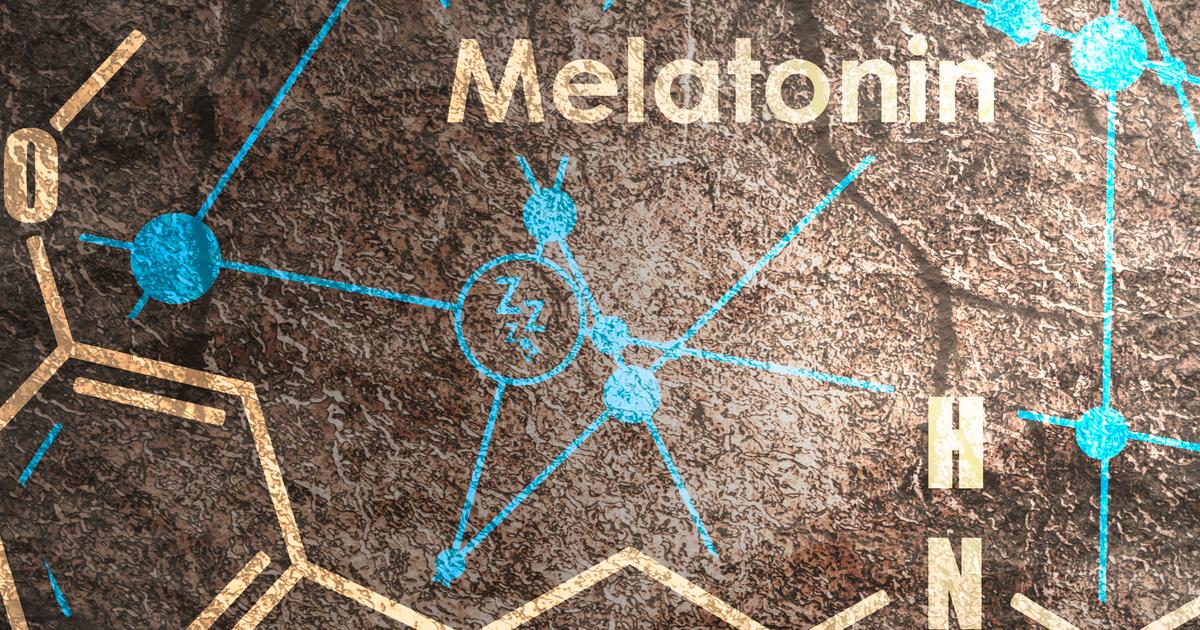
Whatever you consume is processed by your liver, and some foods and substances are more difficult for your liver to process than others. The foods and toxins that are most damaging to your liver including iron supplements, cannabis, cigarette smoke, illicit drugs, large quantities of vitamin A, herbal supplements like black cohosh, ginseng, yerba tea, large amounts of salt and saturated fat. Iron supplements and vitamin A are sometimes necessary but taking larger doses than recommended by your doctor can cause serious liver damage because your liver will not process the excess supplement consumed and it will simply accumulate in your organs and tissues. Smoking is known to cause liver cancer, and smokers with hepatitis C or B have an increased risk.
Be Aware That Medications Can Cause Liver Damage
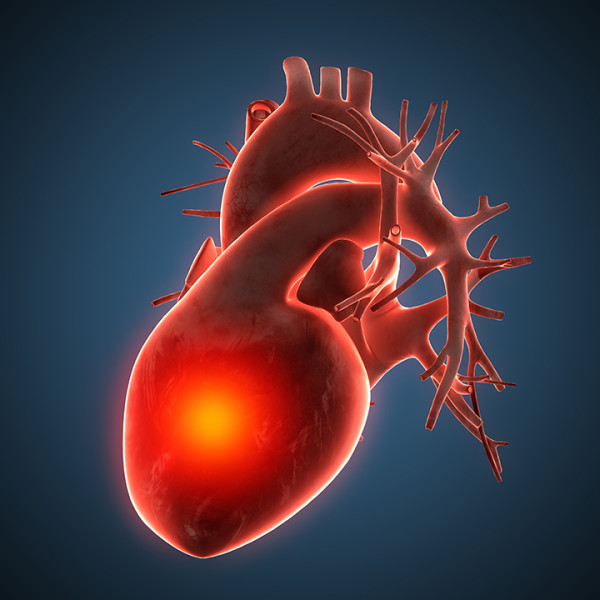
Certain medications like acetaminophen (e.g. Tylenol) can speed up damage to the liver. Acetaminophen is an over-the-counter drug and is present in many prescription pain medications and cold and flu medications as well. People with liver disease can safely use acetaminophen when used as directed, but taking a high dose over several days or too many tablets at once, can cause damage to the liver. Healthy people should not take more than three thousand milligrams in one day and not more than one thousand milligrams (two tablets) per dose. Healthy people should also avoid taking the maximum dose per day for more than three to five days. People with liver disease should consult with their doctor as their maximum dose will be even less. Be aware that acetaminophen is present in different medications to avoid exceeding the safe dosage amount.
Change Your Diet To Help Prevent Liver Damage

An unhealthy diet can result in fatty liver disease, which leads to chronic illnesses. Fatty liver disease is caused by the build up of excess fat in the liver. Symptoms of fatty liver disease may include; persistent pain in the upper stomach, fatigue, digestive issues, or no symptoms at all. This disease is directly related to the foods that are consumed. Diets high in sugar, processed foods, fast foods, sodas, etc., increase the risk of fatty liver disease. It is important to cut out sugar and high fructose corn syrup, read all labels to ensure you are not consuming these ingredients unknowingly and reducing processed foods and flours. Eat more vegetables, fruits, and healthy oils, nuts and seeds, wild meats and grass fed beef or bison.
Consume More Of These Fruits To Help Prevent And Treat Liver Damage
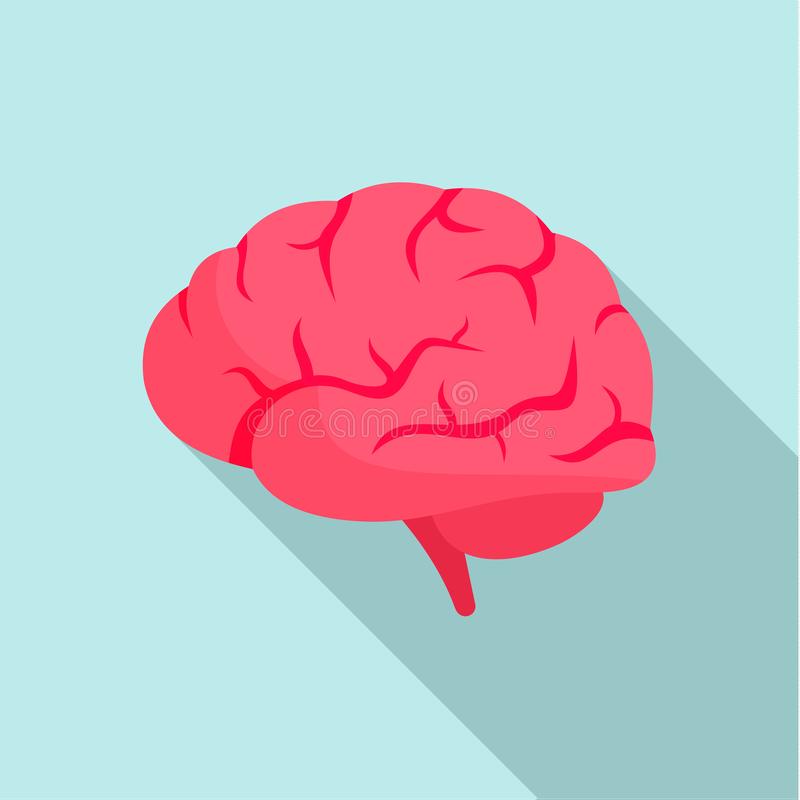
Grapefruit and other citrus fruits like lemons, limes, and oranges, are a natural cleanser for the liver. Citrus fruits have a high vitamin C content and are rich in antioxidants. Just a small glass of freshly-squeezed grapefruit juice will increase the number of enzymes in the liver that help detoxification and flush out toxins. Drinking a cup of water mixed with freshly-squeezed lemon or lime juice in the morning can help energize the liver. Apples contain pectin, which helps release toxins from the digestive tract and relieves the toxic burden on the liver during its cleansing process. Avocados are a superfood that encourages the body to produce a compound called glutathione, which is important for helping the liver to clean out toxins.
Consume More Of These Vegetables To Help Prevent And Treat Liver Damage
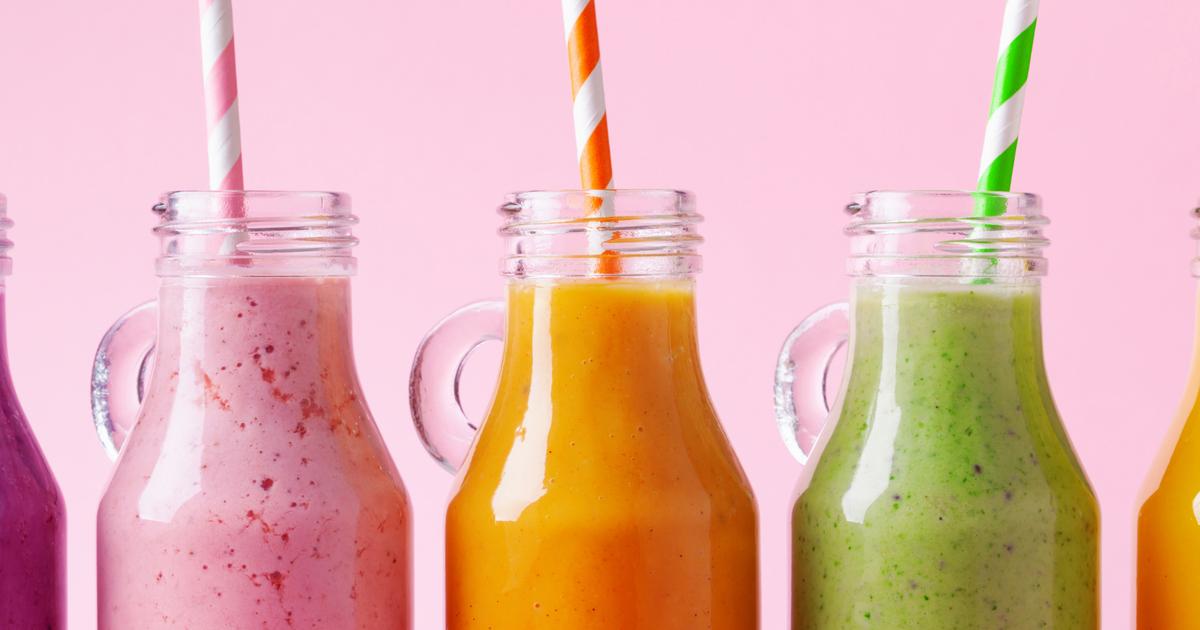
Beets and carrots are high in beta-carotene and plant-flavonoids and eating them help stimulate and support liver function. Garlic has two natural compounds, allicin and selenium, which support liver cleansing. It also contains enzymes that encourage detoxification. Even a small amount of garlic can be effective for cleansing the liver. Leafy greens are high in chlorophyll, which helps absorb toxins from the blood stream. Leafy greens to eat include arugula, bitter gourd, dandelion greens, mustard greens, spinach, and chicory. These greens promote the creation of bile, which helps remove waste from the body. Broccoli and cauliflower contain glucosinolate, which supports the creation of enzymes in the liver that work to flush out toxins. Cabbage also stimulates the creation of these enzymes.
Drink More Of These Teas For Better Liver Function

Dandelion tea is a natural diuretic, which allows the liver to cleanse the body of toxins. Dandelion root also helps balance blood sugar levels, strengthen the immune system, relieve heartburn, and soothe digestive issues. Green tea is also excellent for supporting healthy liver function. Drink three to four cups of green tea daily to help protect your liver. Turmeric tea stimulates bile production and improves liver function. Fennel tea also encourages detoxification and is anti-inflammatory and analgesic. Milk Thistle tea helps protect the liver from harmful drugs and encourages the liver to detox and repair itself. Use fluoride-free water to make your tea as fluoride has been found to cause damage to the liver and weaken the immune system.
Get Plenty Of Exercise For A Healthy Liver
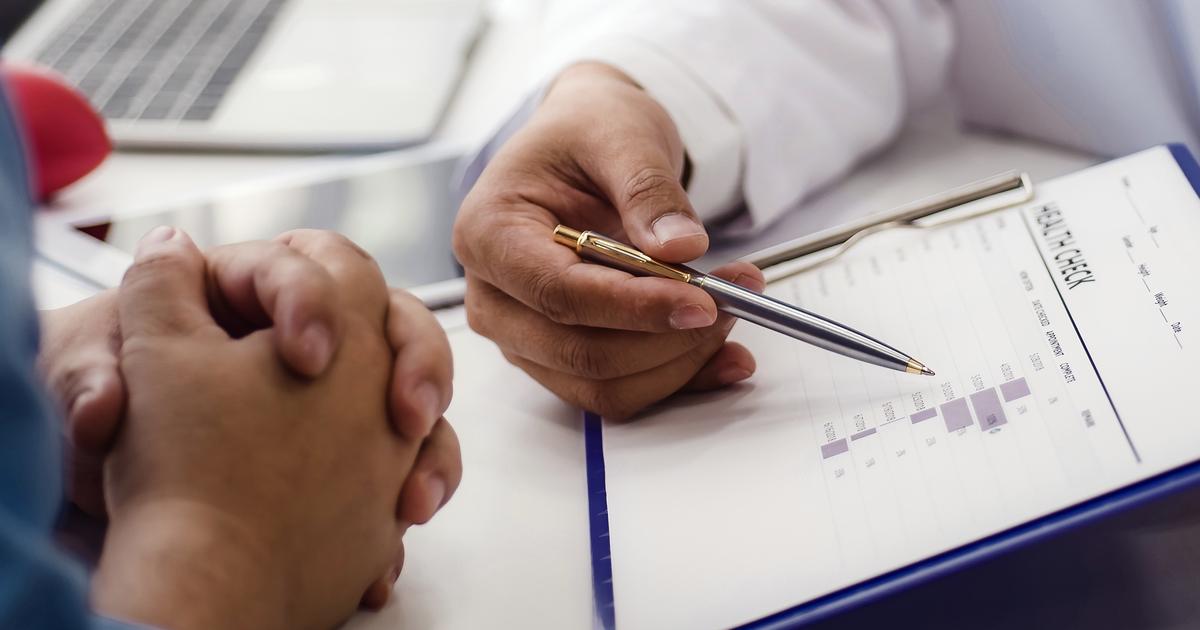
Studies have shown that regular exercise can reverse and prevent fatty liver disease. Exercising regularly and eating a well-balanced diet, may be the most effective ways to maintain a healthy liver. A sedentary lifestyle increases the risk of fatty liver disease and the physically active are at least twenty percent less likely to get fatty liver disease. Sedentary activity including sitting at the computer, watching T.V. or laying around, often takes up a big portion of the day in the modern lifestyle, so it is important to make an effort to get regular physical exercise. Spend at least one hundred to three hundred minutes or more per week doing an enjoyable physical activity such as cycling, dancing, gardening, walking, etc. For advice on what exercises are best for you, you may want to consult with a healthcare practitioner.
Unprotected Sexual Activity Can Damage Your Liver
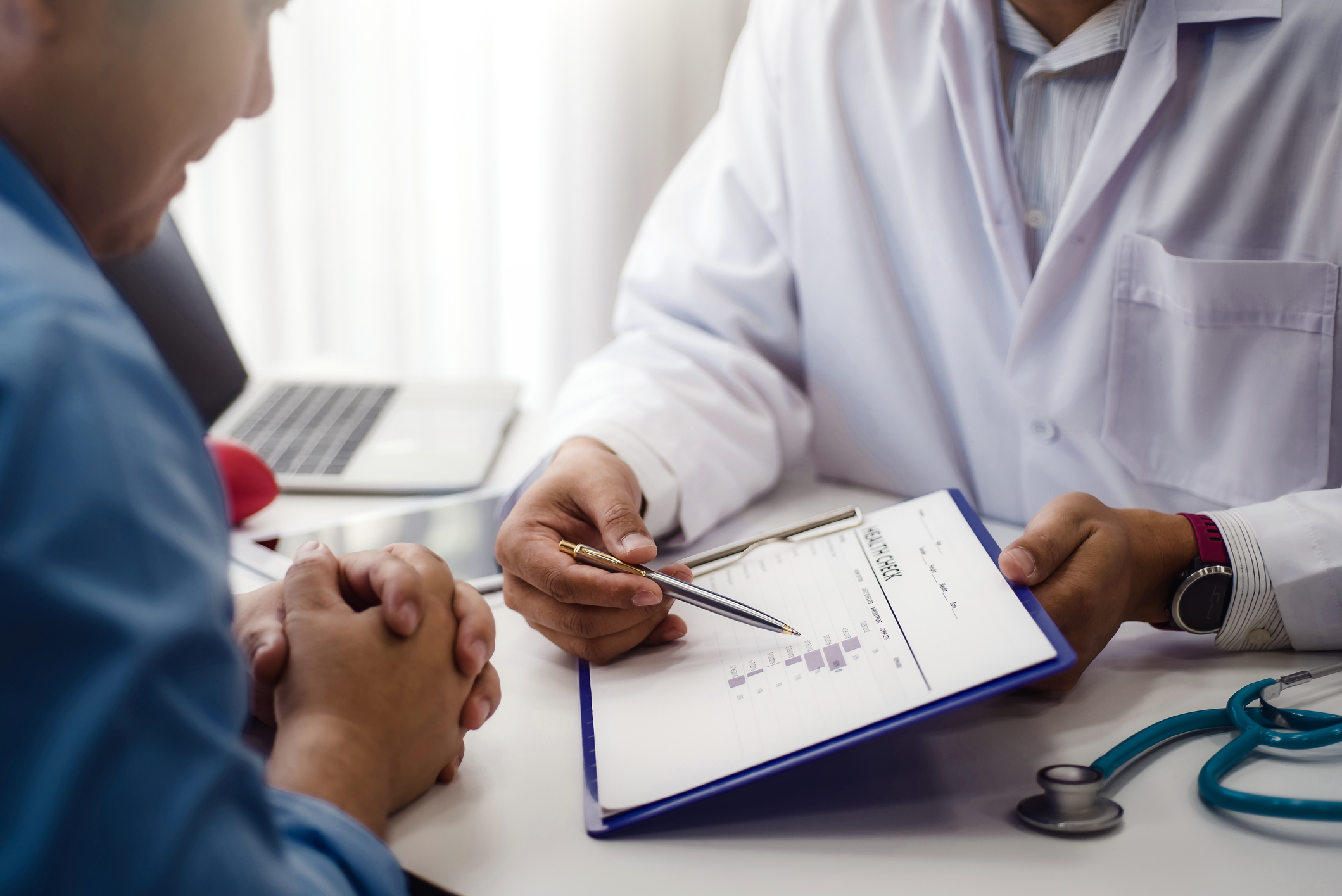
The liver disease, Hepatitis, can be transmitted through sexual activity. Hepatitis B virus causes inflammation of the liver and can result in an acute and chronic illness, and even liver cancer. The transmission of Hepatitis B occurs through bodily fluids and blood. Hepatitis B symptoms may include a loss of appetite, tiredness, jaundice, dark urine, and stomach upset, but many people do not display any symptoms. Hepatitis C can lead to liver disease and failure and is transmitted through blood-to-blood contact with a person who carries the virus. Sometimes people with Hepatitis C show no symptoms, but when they do, symptoms may include fatigue, jaundice, joint and abdominal pain, nausea, and loss of appetite. Hepatitis A is transmitted through contact with the feces of an infected person. Symptoms may include severe fatigue, vomiting, nausea, jaundice, fever, dark urine, upset stomach, and loss of appetite.
Healthy Home For A Healthy Liver

Your environment can also impact the health of your liver. Your liver processes everything you consume and inhale. Some important household tips for a healthy liver include the following: Stock your fridge with healthy and low-sodium foods; get your family member immunized against Hepatitis A and B, especially if you plan to travel abroad; keep medications in child-proof containers and speak to your doctor before taking medications and herbal supplements; when cleaning or painting keep your rooms well-ventilated and wear a mask; and investigate more organic natural methods of weed control and garden and lawn maintenance; and get outside with your family for healthy vigorous exercise when the weather is good.
